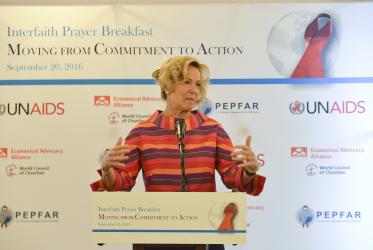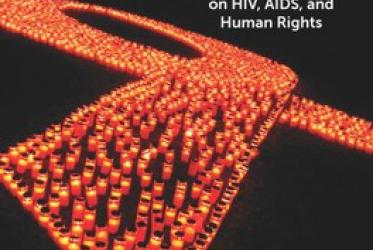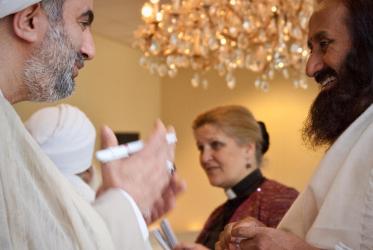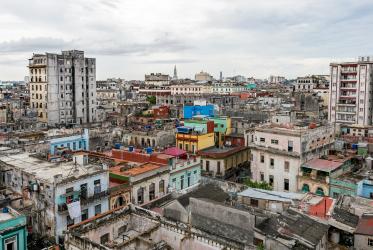Displaying 61 - 80 of 121
Faith-based groups bring hope for a fast-track HIV response
20 September 2016
WCC book featured in UN discussion on gender, religions and health
16 September 2016
WCC appeals for support, for all to stand #WithRefugees
31 August 2016
New Executive Committee members elected in Trondheim
28 June 2016
Pilgrimage and youth
28 June 2016
International affairs facilitator reflects on pilgrimage
31 March 2016
WCC hails historic visit of US leader to Cuba
23 March 2016
Religious leaders as agents of peace in the Americas
02 March 2016
"I hit the ground running": Katalina Tahaafe-Williams
16 February 2016










